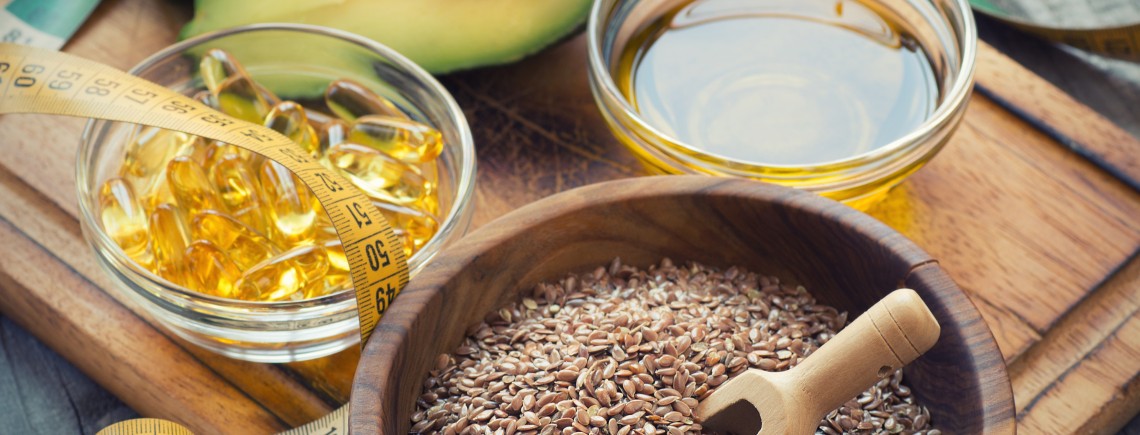Omega-3 and the Plant-Based Diet
While I haven’t sworn myself off meat or animal products, with each passing year I find myself more and more interested in vegan and vegetarian diets. I am motivated primarily by ethical and environmental reasons, but I’ve also found cutting out meat has saved me a whole lotta money and a whole lotta time.
I’ve had some concerns along the way about eating less meat – most of which have been unwarranted. Being an active person who lifts weight and plays hockey and runs regularly and bikes to work and takes the stairs two at-a-time I can say I’ve personally debunked the idea that my muscles will shrivel up and die without meat. I’ve also regularly eaten tofu, and no I have not grown a third nipple.
Most recently I was wondering if I was getting enough Omega-3 fatty acid in my diet, given that some sources claim plants are insufficient. As you may already know, Omega-3 is vital for maintaining a healthy brain and nervous system, and regulating and balancing hormones. Omega-3 is also anti-inflammatory which helps to counteract inflammation caused by a diet high in Omega-6 – of which the standard Western diet tends to be.
While actually getting enough Omega-3 into my meals seems relatively straightforward (about 9 walnut halves are enough to get your daily dose), a layer of complexity gets added to the mix considering that there are actually three types of Omega-3: ALA, DHA and EPA. Unfortunately, there are no vegan sources (other than algae) of DHA and EPA. While our bodies do have the ability to create DHA and EPA from ALA, an article from Authority Nutrition claims that we’re “inefficient” at doing so. As per the common recommendation, eating fatty fish a couple times a week will provide you with sufficient DHA and EPA.
So I got myself to worrying (as I do) that there was too much Omega-6 in my diet (I ❤ peanut butter to death) and not enough Omega-3 (especially DHA and EPA). Should I be taking a supplement? Or should I eat wild fatty fish a couple times a week, as the online sources urge?
Neither of these options appealed to me because supplements can be expensive (and do they actually work?), while cold water fish can contain mercury. So I poked around online and consulted AHAA Living’s own plant-built ninja warrior, Malina Kaija, and walked away with some key takeaways:
- Reduce the amount of Omega-6 in your diet.
Getting enough Omega-3 in the diet is also about reducing the amount of Omega-6 we consume, as the latter fatty acid can inhibit the former. A big part of this is about choosing whole foods over processed foods, considering that processed food tends to be made with cheap seed and vegetables oils that are high in Omega-6, like soy, corn, and safflower oil.
- Eat lots of food high in Omega-3 – even higher than the daily recommended amounts.
There are plenty of vegan sources of Omega-3 (ALA) out there, and they happen to be delicious to boot! Here’s a list of some of the my favourites:
- Chia seeds
- Hemp hearts
- Flax oil
- Leafy greens
- Berries
- Whole grains
- Beans
- Cauliflower
- Brussels sprouts
- Winter squash
- Taking a supplement, though not necessary, is an option.
For supplementing a good one is NutriVeg, which is vegetarian, tastes better, and is more sustainable than fish oil.
But most importantly, as with any concerns about nutrition, I would recommend doing your research and consulting a variety of different sources. Nutrition science and studies can be notoriously biased and unreliable, especially considering you have the best source of information at your fingertips: your body! Simply providing your body with the whole, nutritious fuel it needs to thrive is 9 times out of 10 the best course of action for every human, from meat-eaters through to vegans.



